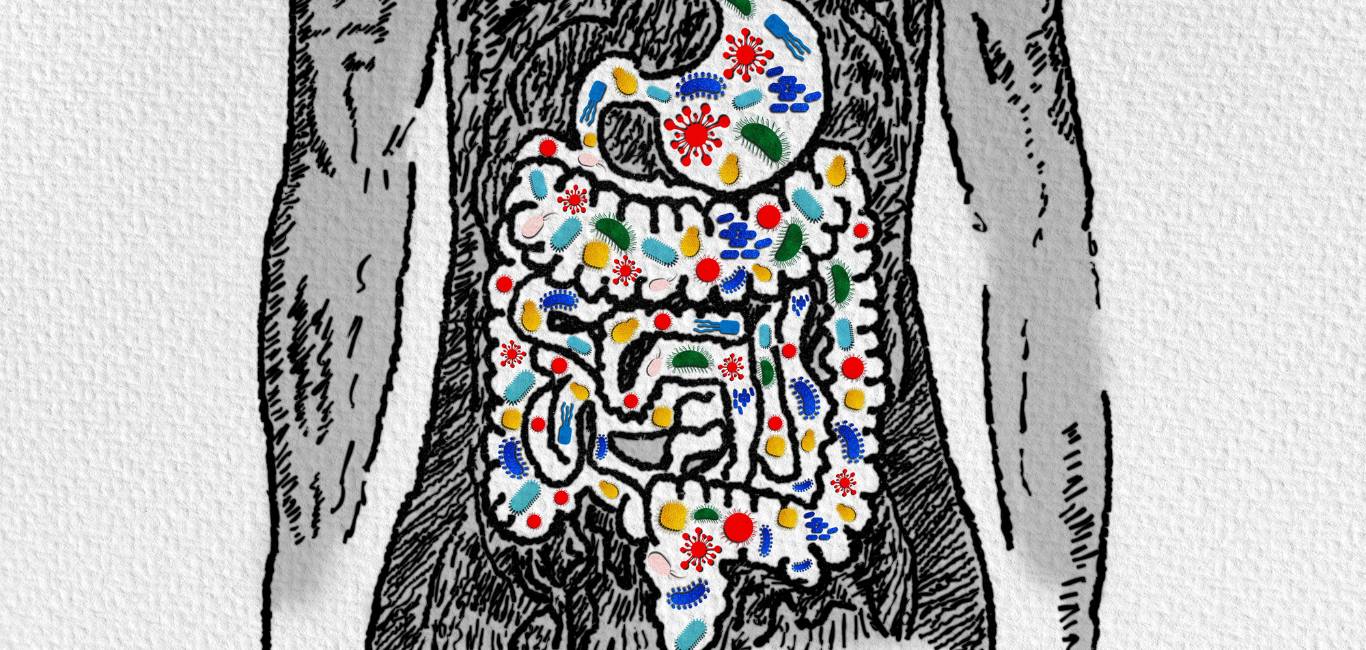
A new link between gut microbiota and the development of precancerous colon polyps could lead to earlier diagnoses of colon cancer, finds new research.
A study by Massachusetts General Hospital and Harvard Medical School researchers has identified specific types of gut bacteria with the growth of precancerous polyps in the colon. Such abnormal growths can potentially turn into cancer over time. Published in Cell Host & Microbe, the study could yield new possibilities for diagnosing and treating these polyps, offering hope in the fight against colorectal cancer, the third most common cancer in men and second most common in women globally.
“Through the microbiome, we potentially have an opportunity to intervene and prevent colorectal cancer from forming,” says Dr Daniel C. Chung, MD, medical co-director of the Center for Cancer Risk Assessment at the Mass General Cancer Center and a faculty member of the Gastroenterology Division.
Research findings
With younger adults increasingly developing colorectal cancer, it becomes all the more important to detecting and addressing precancerous polyps early. Early detection can make a significant difference to the cancer’s prognosis.
To study this connection, the research team analysed data from 1,200 individuals who underwent routine colonoscopies —medical procedures where a doctor examines the inside of the colon using a flexible tube with a camera.
Read more: A magnetically-controlled pill could be the future of endoscopy
The researchers collected information about the participants’ health, diet, medications, and lifestyle, and analyzed stool samples to identify the types of bacteria in their gut. This study, conducted through the GI Disease and Endoscopy Registry (GIDER) at Massachusetts General Hospital, is the largest of its kind and provides a better understanding of gastrointestinal diseases.
By comparing the gut bacteria of individuals without colon polyps to those with different types of polyps, the researchers identified specific bacterial species associated with each type. They found that 19 bacterial species were significantly different in patients with tubular adenomas, while eight species differed in patients with sessile serrated adenomas. While all colon polyps are abnormal growths in the colon, sessile serrated adenomas and tubular adenomas are specific subtypes of polyps with different shapes and varying risks for developing into cancer.
Read more: A less invasive test for colon cancer: Researchers identify potential biomarker
Research limitations
The study mainly included Caucasian American participants, so more research may be needed for other racial groups. Additionally, it did not determine whether changes in bacteria or polyp tissue occur first. The next step is to isolate and study these specific bacteria in a lab to better understand their role in polyp growth.
Modifying the diet or the gut bacteria could potentially change the development of these polyps: “The hope is that by changing specific aspects of the diet or the microbiome, we can alter the natural history of these polyps,” Chung added.
This research provides valuable insights into how gut bacteria contribute to the development of colon polyps, opening new possibilities for further studies and the development of targeted interventions.

















